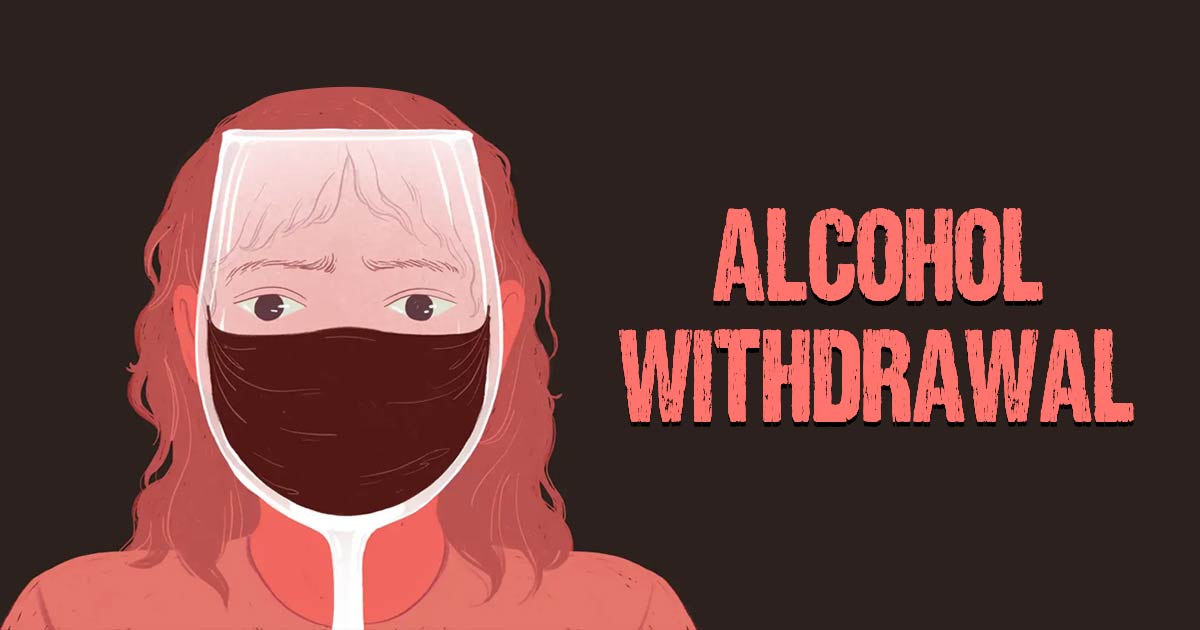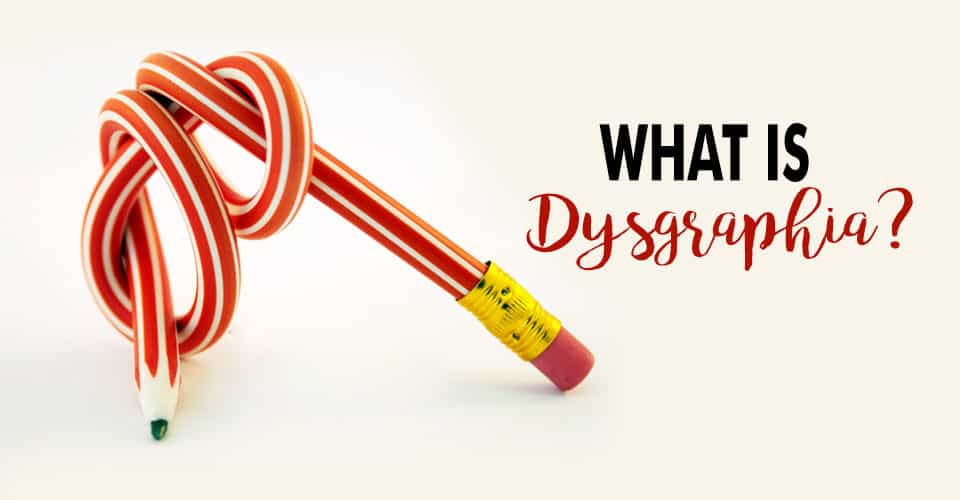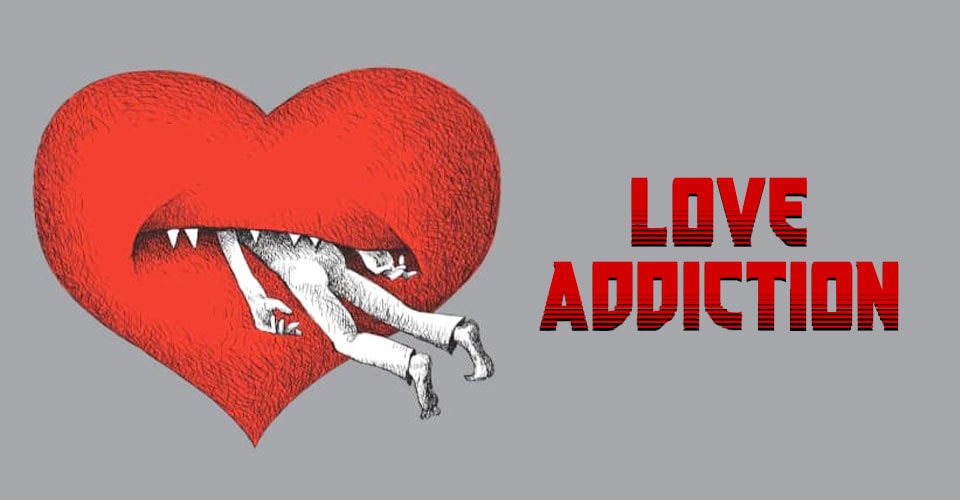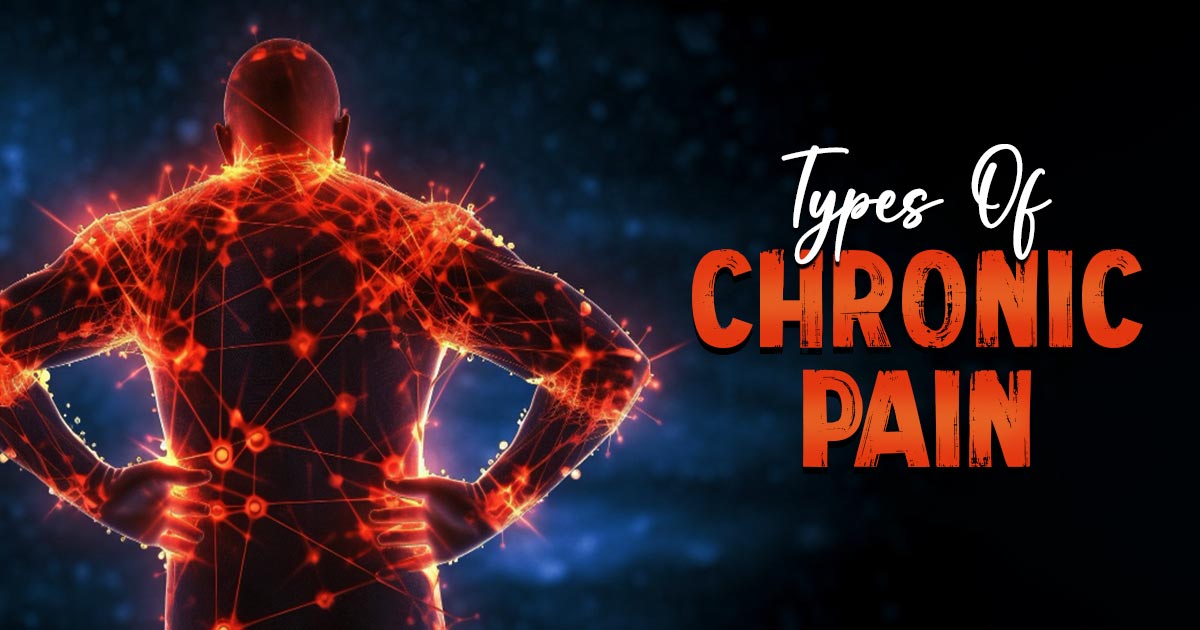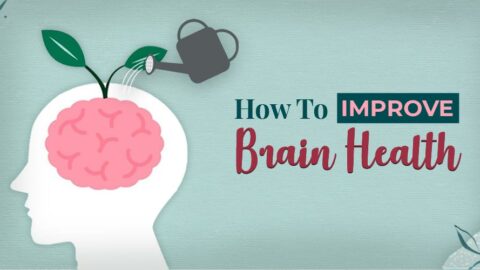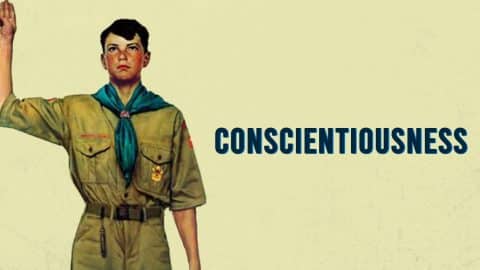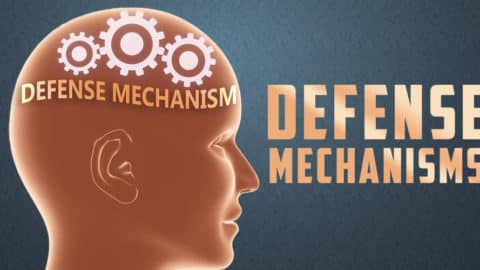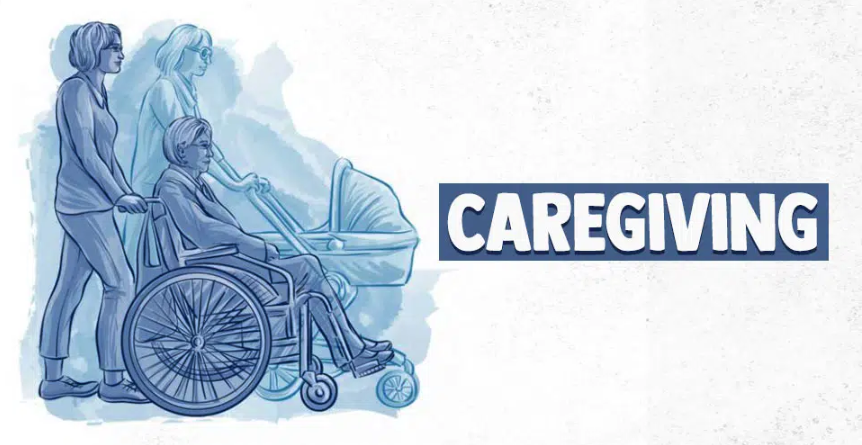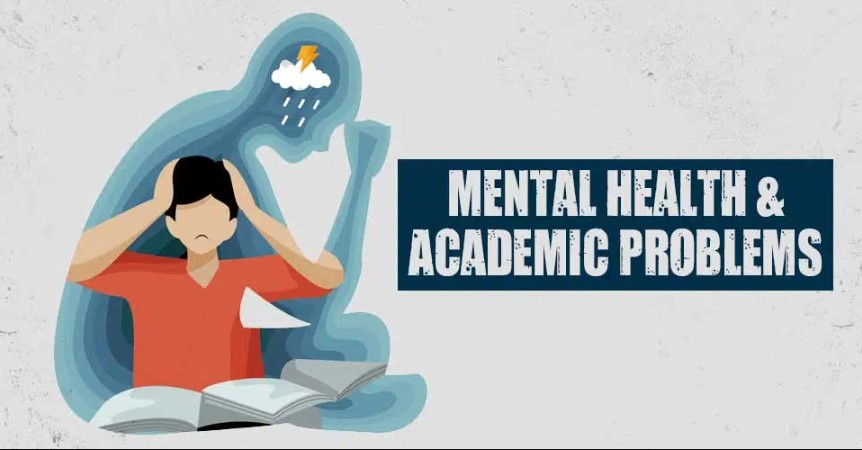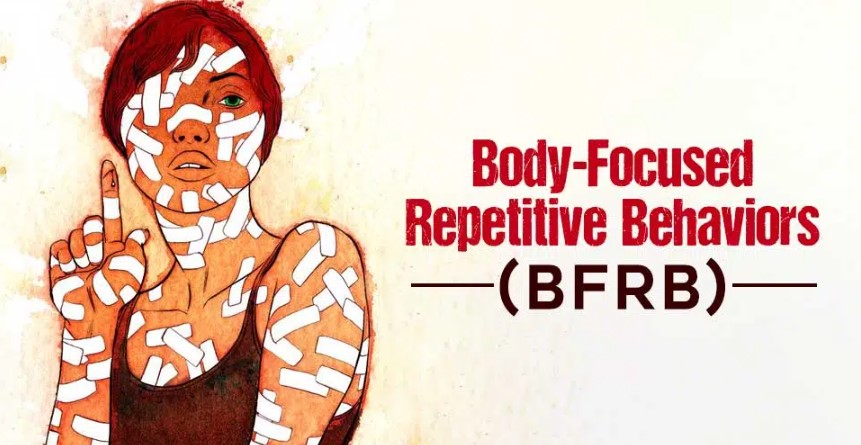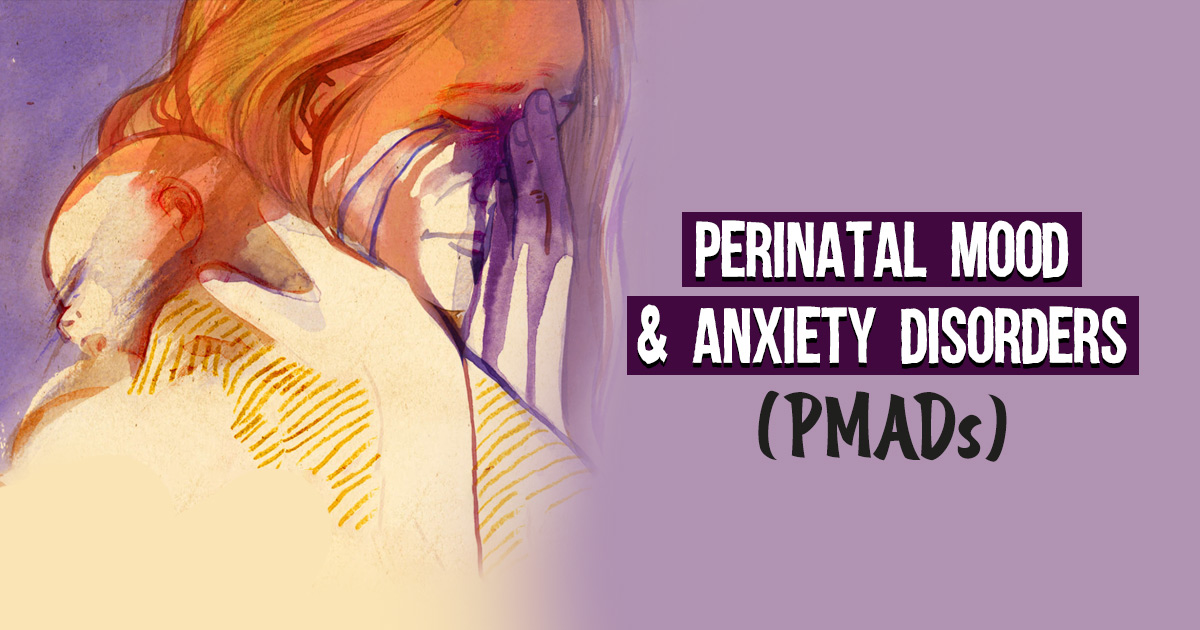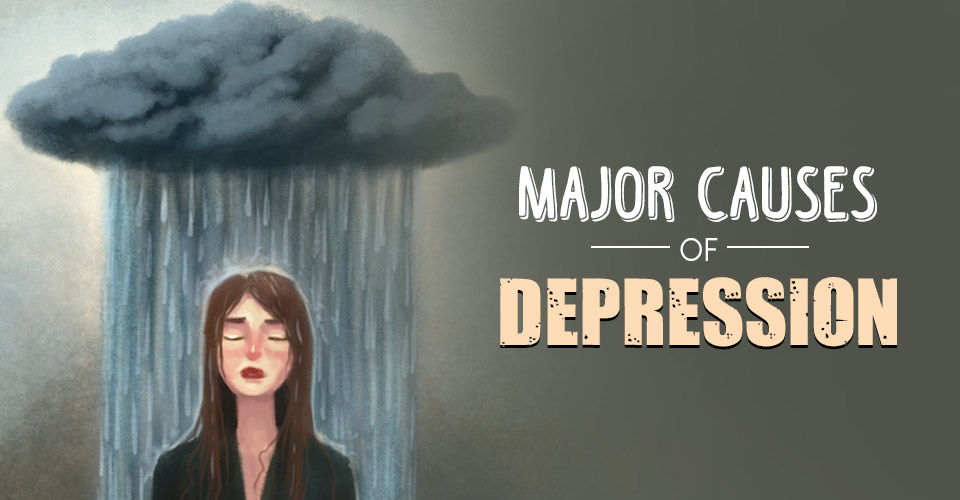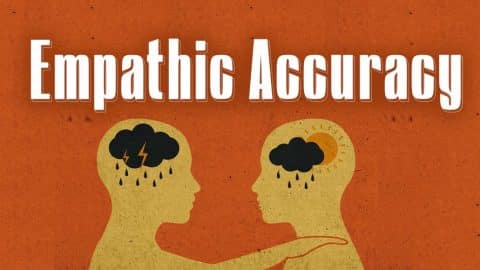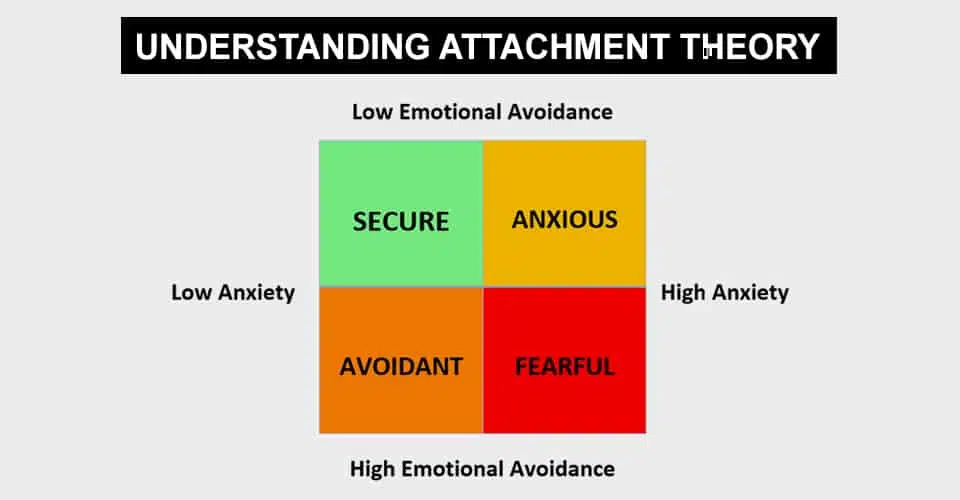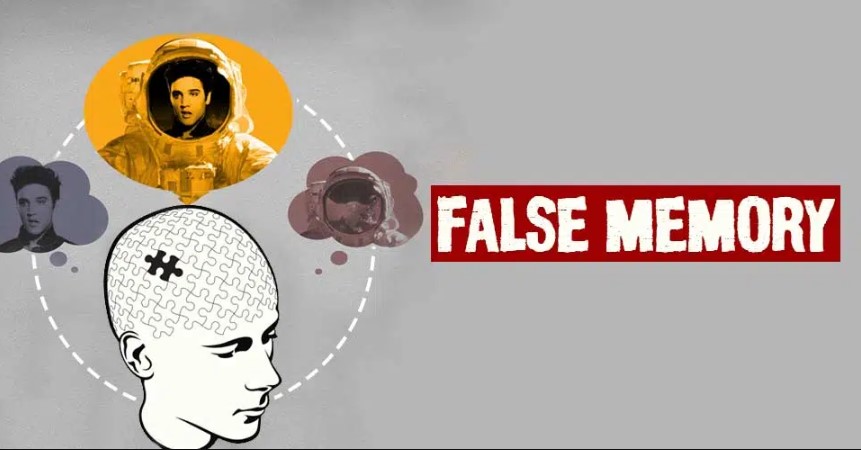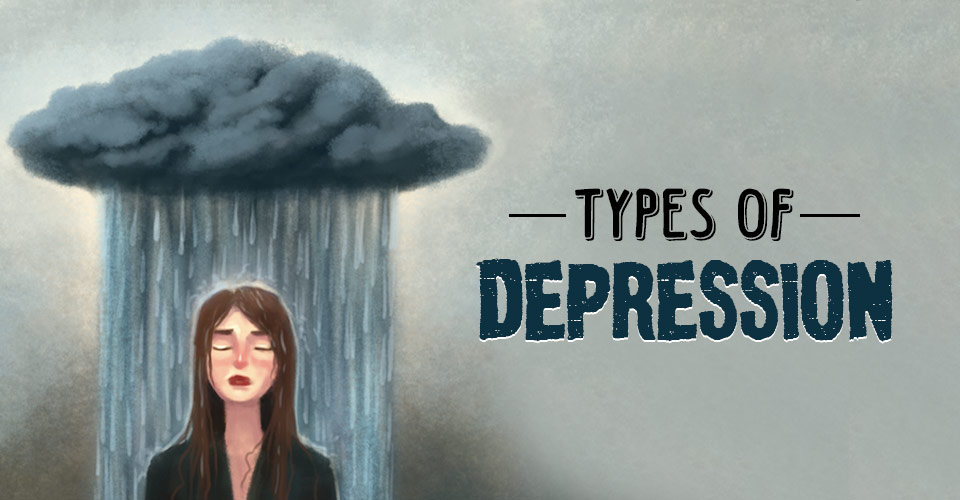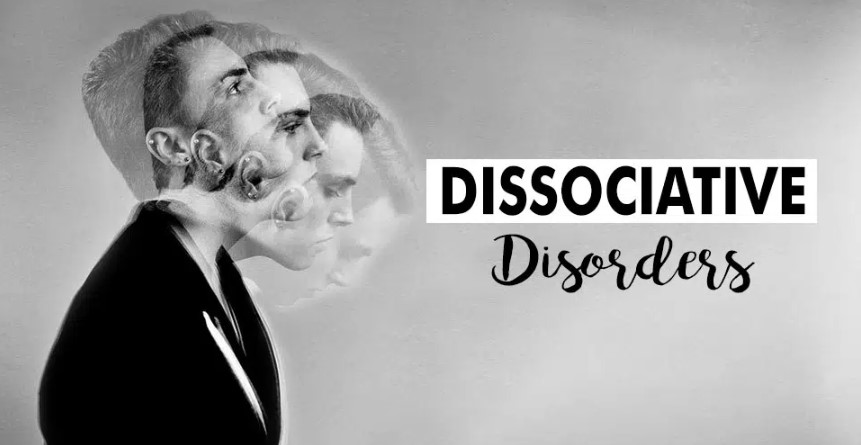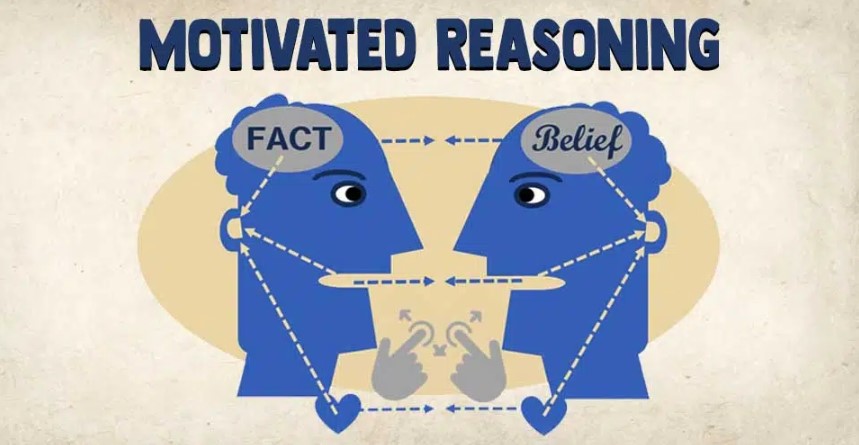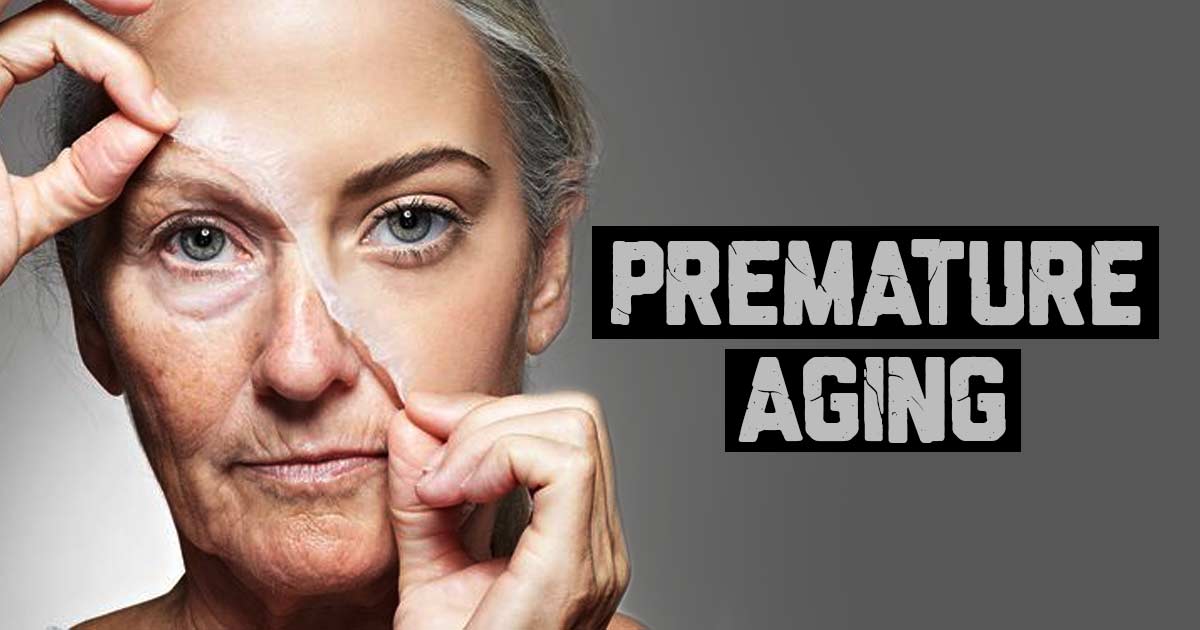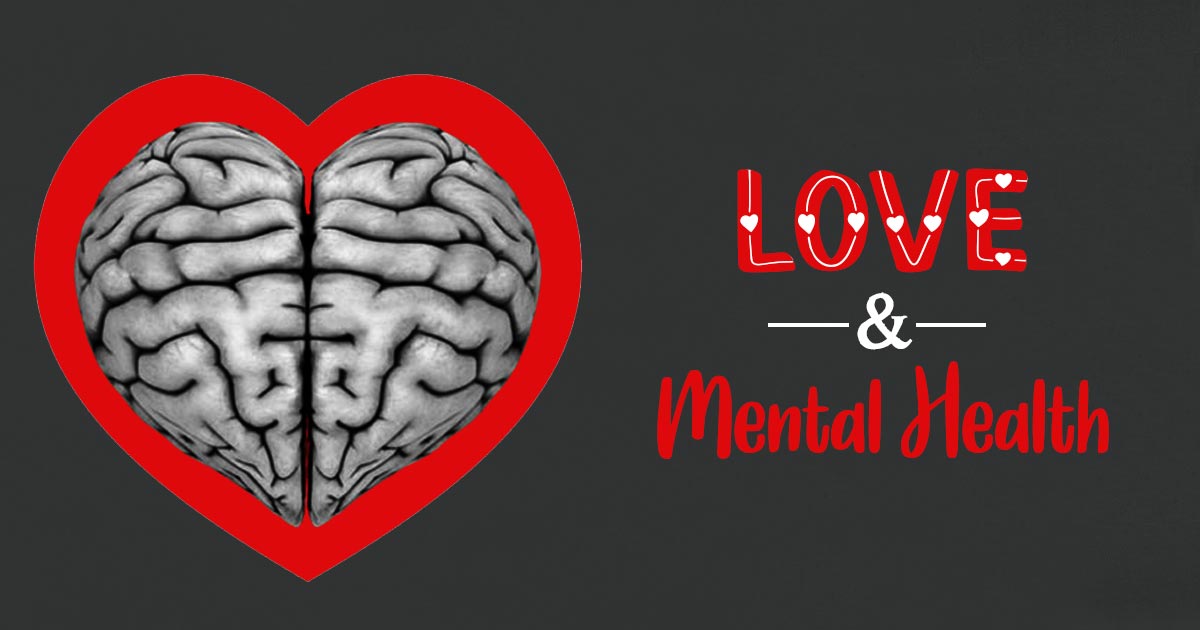Alcohol withdrawal is a syndrome (AWS) characterized by a range of physical and psychological symptoms that individuals can experience when they suddenly stop or reduce their alcohol consumption after a period of heavy or prolonged drinking. This condition can range in severity from mild to life-threatening, especially in cases of severe alcohol dependence.
What Is Alcohol Withdrawal?
Regular alcohol consumption can lead to physical dependence 1 Newman, R. K., Stobart, M. A., & Gomez, A. E. (2019, October 27). Alcohol Withdrawal. Nih.gov; StatPearls Publishing. Available from: https://www.ncbi.nlm.nih.gov/books/NBK441882/ , which causes the body to adapt to the presence of alcohol. If alcohol consumption is abruptly stopped, it can trigger a range of uncomfortable and potentially dangerous alcohol withdrawal syndrome symptoms.
These symptoms typically begin within hours to days after the last drink and can persist for several weeks and may include tremors, sweating, anxiety, irritability, hallucinations, and seizures.
Alcohol withdrawal is a prevalent occurrence 2 Caetano, R., Clark, C. L., & Greenfield, T. K. (1998). Prevalence, trends, and incidence of alcohol withdrawal symptoms: analysis of general population and clinical samples. Alcohol health and research world, 22(1), 73–79. that impacts individuals who frequently and heavily consume alcohol. Studies estimate that approximately 50% of individuals with alcohol use disorder experience alcohol withdrawal symptoms.
The prevalence of alcohol withdrawal may vary across different populations and regions, but research suggests it is more common among men than women and tends to occur more frequently in individuals with a history of alcoholism.
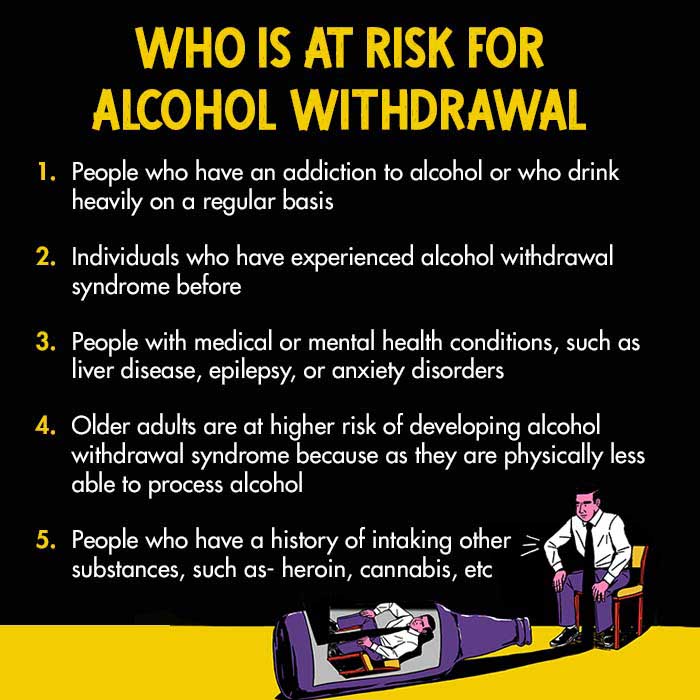
Read More About Alcoholism Here
Alcohol Withdrawal Symptoms
Here is a timeline 3 Mahato, T. K., Ojha, S. K., Singh, V., & Singh Parihar, S. P. (2021). Addiction withdrawal syndrome: Needs medications, education, counselling & support. World Journal of Advanced Research and Reviews, 12(2), 143–150. https://doi.org/10.30574/wjarr.2021.12.2.0573 of alcohol withdrawal symptoms that an individual may experience:
1. Minor Withdrawal Symptoms
Typically, individuals experience mild 4 Jesse, S., Bråthen, G., Ferrara, M., Keindl, M., Ben-Menachem, E., Tanasescu, R., Brodtkorb, E., Hillbom, M., Leone, M. A., & Ludolph, A. C. (2017). Alcohol withdrawal syndrome: mechanisms, manifestations, and management. Acta neurologica Scandinavica, 135(1), 4–16. https://doi.org/10.1111/ane.12671 withdrawal symptoms within 6-24 hours after their last alcohol intake.
While uncomfortable, these symptoms are not life-threatening and include expected effects such as:
- Shaky hands
- Abdominal pain
- Headaches
- Nausea
- Vomiting
- Insomnia
Read More About Insomnia Here
2. Major Withdrawal Symptoms
The condition of major withdrawal is a severe and disturbing state that typically sets in between 10 to 72 hours 5 5 Mahato, T. K., Ojha, S. K., Singh, V., & Singh Parihar, S. P. (2021). Addiction withdrawal syndrome: Needs medications, education, counselling & support. World Journal of Advanced Research and Reviews, 12(2), 143–150. https://doi.org/10.30574/wjarr.2021.12.2.0573 after the last alcohol consumption.
It is characterized by various symptoms that may include:
- Visual hallucinations (seeing things that are not there)
- Auditory hallucinations (hearing things that are not there)
- Tremors affecting the whole body
- High blood pressure
- Intense sweating
3. Withdrawal Seizure Symptoms
Alcohol withdrawal seizures, also known as “rum fits 6 Rogawski M. A. (2005). Update on the neurobiology of alcohol withdrawal seizures. Epilepsy currents, 5(6), 225–230. https://doi.org/10.1111/j.1535-7511.2005.00071.x ,” can occur 6-48 hours after the last drink, causing seizures in those without a seizure history.
The severe withdrawal stage is marked by:
- Delirium tremens (DTs 7 Grover, S., & Ghosh, A. (2018). Delirium Tremens: Assessment and Management. Journal of clinical and experimental hepatology, 8(4), 460–470. https://doi.org/10.1016/j.jceh.2018.04.012 ), appear to cause confusion
- Hallucinations (both visual and auditory)
- High fever
- Rapid heartbeat
- Seizures in some people 48-96 hours after quitting drinking
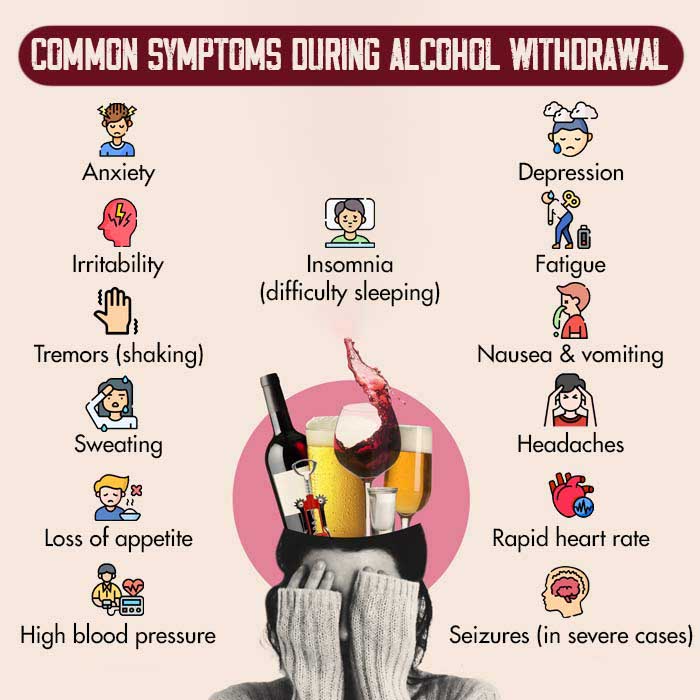
What Does Alcohol Withdrawal Feel Like
Alcohol withdrawal can lead to different feelings 8 Finn, D. A., & Crabbe, J. C. (1997). Exploring alcohol withdrawal syndrome. Alcohol health and research world, 21(2), 149–156. for each individual, such as:
- Feeling of nervousness
- Irritability or mood swings
- Difficulty in making rational decisions
- Becoming hostile, aggressive, or violent
- Feeling embarrassed or ashamed of their condition
- Isolating themselves from friends and family
Factors Affecting Alcohol Withdrawal
Several risk factors can contribute to 9 Sarkar, S., Choudhury, S., Ezhumalai, G., & Konthoujam, J. (2017). Risk factors for the development of delirium in alcohol dependence syndrome: Clinical and neurobiological implications. Indian journal of psychiatry, 59(3), 300–305. https://doi.org/10.4103/psychiatry.IndianJPsychiatry_67_17 the development of alcohol withdrawal syndrome (AWS), including:
- Individuals who consume large amounts 10 Rehm J. (2011). The risks associated with alcohol use and alcoholism. Alcohol research & health : the journal of the National Institute on Alcohol Abuse and Alcoholism, 34(2), 135–143. of alcohol over an extended period are more likely to experience withdrawal symptoms when they try to quit.
- People with underlying mental health conditions 11 Shivani, R., Goldsmith, R. J., & Anthenelli, R. M. (2002). Alcoholism and Psychiatric Disorders: Diagnostic Challenges. Alcohol Research & Health, 26(2), 90–98. such as anxiety, depression, or PTSD may be at a higher risk of AWS.
- Individuals with pre-existing physical health conditions, such as liver disease 12 Pal, P., & Ray, S. (2016). Alcoholic Liver Disease: A Comprehensive Review. European Medical Journal, 85–92. https://doi.org/10.33590/emj/10312346 or seizure disorders, may also be more susceptible to AWS.
- Individuals with a family history 13 Chartier, K. G., Thomas, N. S., & Kendler, K. S. (2017). Interrelationship between family history of alcoholism and generational status in the prediction of alcohol dependence in US Hispanics. Psychological medicine, 47(1), 137–147. https://doi.org/10.1017/S0033291716002105 of alcoholism or addiction may be more likely to experience AWS.
- Individuals with a history of addiction 14 Alozai, U. ullah, & Sharma, S. (2020). Drug and Alcohol Use. PubMed; StatPearls Publishing. Available from: https://www.ncbi.nlm.nih.gov/books/NBK513263/ to other substances, such as opioids or benzodiazepines, may be more susceptible to AWS.
Effects Of Alcohol Withdrawal On Mental Health
Alcohol withdrawal can affect your mental health 15 McKeon, A., Frye, M. A., & Delanty, N. (2008). The alcohol withdrawal syndrome. Journal of neurology, neurosurgery, and psychiatry, 79(8), 854–862. https://doi.org/10.1136/jnnp.2007.128322 to a great level. Here are some of the most common mental health effects of alcohol withdrawal:
- People who are withdrawing from alcohol, often experience feelings 16 Anker, J. J., & Kushner, M. G. (2019). Co-Occurring Alcohol Use Disorder and Anxiety: Bridging Psychiatric, Psychological, and Neurobiological Perspectives. Alcohol research : current reviews, 40(1), arcr.v40.1.03. https://doi.org/10.35946/arcr.v40.1.03 of anxiety, such as restlessness, sudden or intense episodes of fear, etc.
- Withdrawal from alcohol can also cause feelings of depression 17 McHugh, R. K., & Weiss, R. D. (2019). Alcohol Use Disorder and Depressive Disorders. Alcohol research : current reviews, 40(1), arcr.v40.1.01. https://doi.org/10.35946/arcr.v40.1.01 . This can be especially challenging for individuals who have a feeling of sadness or emptiness, loss of interest in activities, etc.
- During alcohol withdrawal, some people can become irritable and easily agitated. This can be due to the stress related to the withdrawal process and the presence of other physical symptoms.
- Alcohol withdrawal can make it difficult to concentrate or focus on tasks, which can be frustrating and impact an individual’s ability to function at work or in their personal life.
- In severe cases of alcohol withdrawal, individuals can experience confusion and disorientation. This can be dangerous and require medical attention.
Diagnosing Alcohol Withdrawal Syndrome
Alcohol Withdrawal Syndrome (AWS) is typically diagnosed based 18 Alcohol withdrawal syndrome: how to predict, prevent, diagnose and treat it. (2007). Prescrire international, 16(87), 24–31. on a combination of clinical symptoms and a history of heavy alcohol use. Here are some of the ways that AWS is typically diagnosed:
1. Clinical Assessment
A healthcare provider typically performs a clinical assessment to determine if an individual is experiencing symptoms of AWS, which may include a physical examination and a review of medical and alcohol use history.
2. Diagnostic Criteria
The Diagnostic and Statistical Manual of Mental Disorders (DSM-5) includes criteria for diagnosing 19 Martin, C. S., Vergés, A., Langenbucher, J. W., Littlefield, A., Chung, T., Clark, D. B., & Sher, K. J. (2018). Algorithm Analysis of the DSM-5 Alcohol Withdrawal Symptom. Alcoholism, clinical and experimental research, 42(6), 1073–1083. https://doi.org/10.1111/acer.13633 AWS. To meet the criteria, an individual must have a history of heavy alcohol use, and they must be experiencing at least two of the following symptoms: tremors, sweating, anxiety, nausea or vomiting, insomnia, hallucinations, or seizures.
3. Blood Tests
Blood tests may be used to evaluate liver function and identify other medical conditions that could be contributing to the individual’s symptoms.
4. Alcohol Screening
If these symptoms arise shortly after heavy and prolonged alcohol consumption, the individual may be diagnosed with alcohol withdrawal. Subsequently, the clinician would suggest a suitable level of care to manage these symptoms.
Alcohol Withdrawal Treatment
The severity of symptoms determines the treatment 20 Myrick, H., & Anton, R. F. (1998). Treatment of alcohol withdrawal. Alcohol health and research world, 22(1), 38–43. approach for alcohol withdrawal syndrome. While some individuals can receive treatment at home, others may require supervised care in a hospital to prevent risky complications, such as seizures.
There are different treatment measures that can be taken for Alcohol Withdrawal Syndrome. Some of these measures include:
- Mild cases of alcohol withdrawal syndrome can be managed at home 21 Davis C. (2018). Home detox – supporting patients to overcome alcohol addiction. Australian prescriber, 41(6), 180–182. https://doi.org/10.18773/austprescr.2018.059 by monitoring the symptoms with the help of a friend or family member and seeking medical attention if needed.
- Severe alcohol withdrawal may require hospitalization 22 Czarnik, S., Kocan, M. J., Strobbe, S., Alaniz, C., Ciarkowski, S., Kirst, N., Lukela, M., Malloy, K., Seyfried, L., Somand, D., Walker, P., Wood, W., & Seagull, F. J. (2020). Alcohol Withdrawal in Hospitalized Patients: Michigan Alcohol Withdrawal Severity (MAWS) Protocol. In PubMed. Michigan Medicine University of Michigan. https://www.ncbi.nlm.nih.gov/books/NBK555603/ and alcohol detox. The doctor may administer fluids intravenously and medication is given to managing symptoms.
- Medications, such as benzodiazepines 23 Kattimani, S., & Bharadwaj, B. (2013). Clinical management of alcohol withdrawal: A systematic review. Industrial psychiatry journal, 22(2), 100–108. https://doi.org/10.4103/0972-6748.132914 , antipsychotics, and anticonvulsants can manage withdrawal symptoms and reduce the risk of complications.
- Nutritional support such as a balanced diet, supplements, and hydration can help patients recover from the physical effects 24 McLean, C., Tapsell, L., Grafenauer, S., & McMahon, A. T. (2020). Nutritional Care of Patients Admitted to Hospital for Alcohol Withdrawal: A 5-Year Retrospective Audit. Alcohol and alcoholism (Oxford, Oxfordshire), 55(5), 489–496. https://doi.org/10.1093/alcalc/agaa060 of alcoholism such as tremors, nausea, etc.
How To Get Through Alcohol Withdrawal
Alcohol withdrawal syndrome can be a challenging 25 Mirijello, A., D’Angelo, C., Ferrulli, A., Vassallo, G., Antonelli, M., Caputo, F., Leggio, L., Gasbarrini, A., & Addolorato, G. (2015). Identification and management of alcohol withdrawal syndrome. Drugs, 75(4), 353–365. https://doi.org/10.1007/s40265-015-0358-1 and potentially life-threatening experience. If someone is experiencing alcohol withdrawal, seeking medical attention is essential. Once medical care is established, here are the best ways of alcohol detoxification 26 Asplund, C. A., Aaronson, J. W., & Aaronson, H. E. (2004). 3 regimens for alcohol withdrawal and detoxification. The Journal of family practice, 53(7), 545–554. :
- Seek medical attention, as alcohol withdrawal can be life-threatening.
- Practicing self-care, such as getting enough sleep, eating a healthy diet, and exercising, can help you manage the symptoms and stay focused on your recovery.
- Lean on family and friends for emotional support and distraction from symptoms.
- Attend support groups such as Alcoholics Anonymous 27 Kelly, J. F., Humphreys, K., & Ferri, M. (2020). Alcoholics Anonymous and other 12-step programs for alcohol use disorder. The Cochrane database of systematic reviews, 3(3), CD012880. https://doi.org/10.1002/14651858.CD012880.pub2 to connect with others who have similar struggles and find support.
- Consider rehab for structured support, therapy, and medical assistance.
- Join local clubs or engage in healthy hobbies to gain a sense of community feeling and purpose.
- Consider therapy to address underlying mental health issues or addiction triggers.
Takeaway
Alcohol Withdrawal Syndrome (AWS) is a serious condition that can occur when heavy or prolonged alcohol use is stopped. The stages of alcohol withdrawal typically progress from mild symptoms such as anxiety and tremors to more severe symptoms such as seizures and delirium tremens, which may require medical attention. So, it is important to seek help if an individual is experiencing signs of alcohol withdrawal.
At A Glance
- AWS is a potentially dangerous condition that can occur when individuals stop drinking after heavy or prolonged alcohol use.
- Symptoms of AWS can range from mild to severe and can include anxiety, tremors, nausea, sweating, hallucinations, seizures, and delirium tremens.
- AWS can be a potentially life-threatening condition and should be treated as a medical emergency.
- The best way to detox from alcohol depends on individual circumstances, but it typically involves seeking medical supervision.
- Treatment for AWS may include medications to manage symptoms, monitoring vital signs, and support for withdrawal symptoms such as anxiety and depression.
- Long-term treatment for alcohol dependence may be necessary to prevent future episodes of AWS and improve overall health and well-being.
Frequently Asked Questions (FAQs)
1. When does alcohol withdrawal start?
Alcohol withdrawal typically starts within 6 to 24 hours after an individual stops drinking, although in some cases it may start as early as two hours after the last drink.
2. How long does alcohol withdrawal last?
The duration of alcohol withdrawal varies based on factors such as the level or severity of dependence, and underlying conditions. Mild-moderate symptoms may last days-weeks, and severe symptoms like delirium tremens may last for several days to a few weeks.
3. Do Mental Health Disorders Affect Your Withdrawal Symptoms?
The relationship between mental health and alcohol withdrawal is complex, as individuals with preexisting mental health disorders may be more susceptible to developing alcohol dependence and can experience more severe withdrawal symptoms when attempting to quit drinking.

